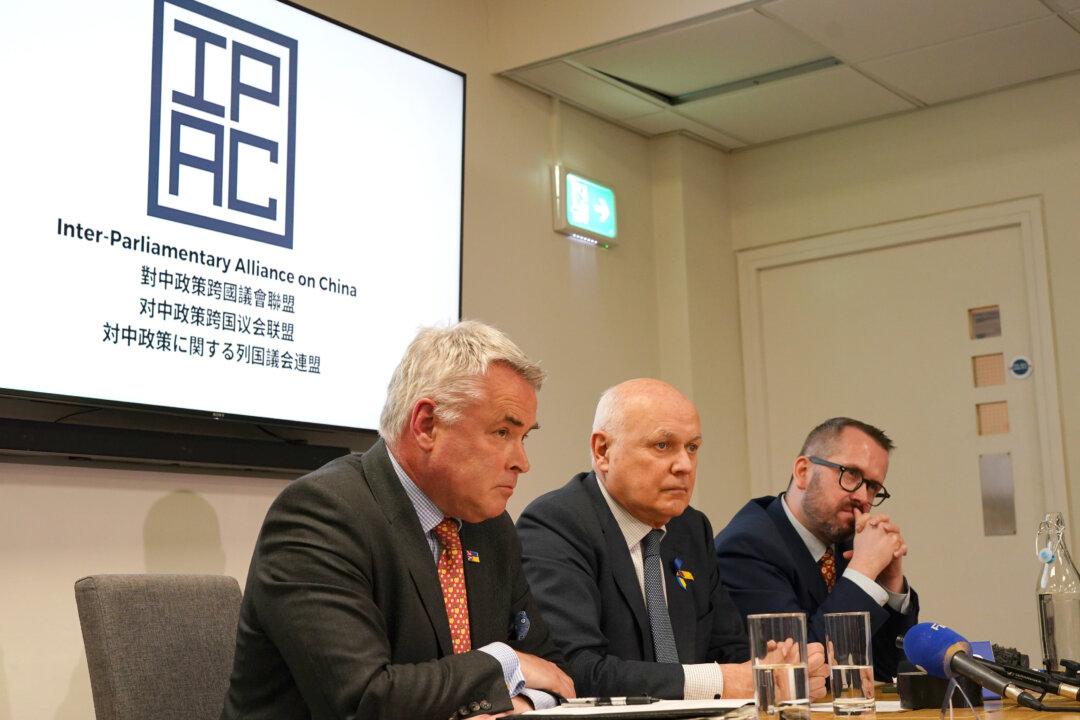Lawmakers from at least five countries say the Chinese communist regime pressured them not to participate in an annual China-related summit in Taiwan.
Eight lawmakers from Bolivia, Bosnia, Colombia, North Macedonia, and Slovakia were contacted by phone or email by diplomatic officials from the Chinese regime before their departures to Taiwan for the July summit. The officials also put forward urgent meeting requests that conflicted with the lawmakers’ travel plans.




